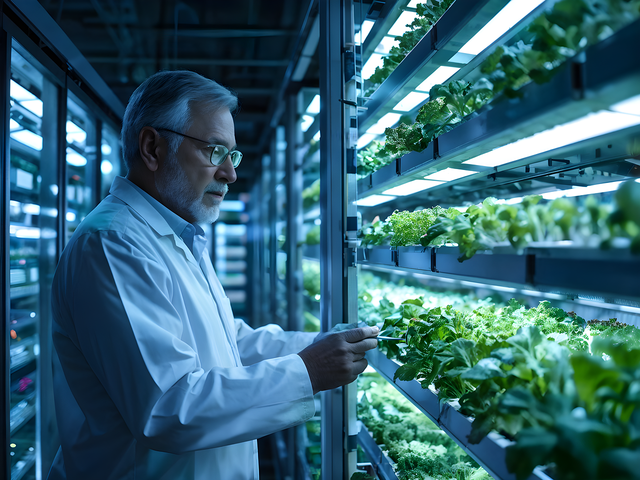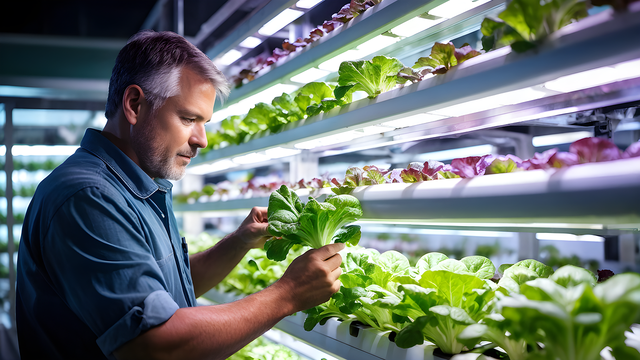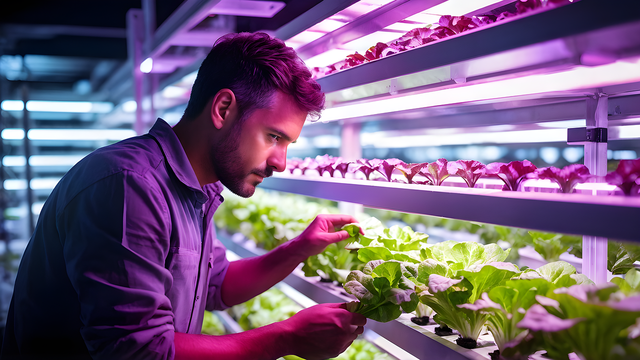Basic Knowledge in Agriculture #50
Irrigation has transformed from a rudimentary method into an essential technological element of the agricultural industry today. It does more than just deliver water — irrigation contributes to stable crop production, efficient use of resources, and ultimately global food security in the face of climate change.
Advanced irrigation techniques are needed for precision ag and high productivity in today's spece ific ag.
Tackling Climate Uncertainty and Extending Growing Season
The Basic Science of How Irrigation Fits in in Modern Agriculture to Counteract Climate Volatility. In rmany secessntries have erratic rain and they can be disrupted by severs drought and floods.
Irrigation serves as a fallback mechanism for water supply during dry spells. This not much just lowers the risk of any nonproductive crop season but also widens the charm culture seasons or even allows farmers to have multiple crops. Once there is assured water, farmers can produce high-value crop types, which might be more vulnerable to dry conditions.
Efficiency and precision agriculture are the essential trends among crop production
Today, irrigation is designed for maximum water efficiency. Traditional irrigation techniques – flooding – can be very wasteful. On the other hand, contemporary farming relies on precision irrigation systems like drip irrigation and automatic sprinkler systems.
Drip systems, for instance, are used to apply water and nutrients (fertigation) directly into the root zone of the plants. This reduces evaporation, runoff, and weed development and significantly increases WUE (water use efficiency).
In addition, they are connected to soil moisture sensors and weather information, to let farmers practice the “water when and where it is needed” philosophy. This is what precision agriculture is all about: using limited resources (water, fertilizer) efficiently while lowering operating costs and environmental risk.
Promoting Sustainability and Food Security
At a large scale, modern irrigation’s purpose is to serve “sustainability, and food security” is a regular refrain. The world’s population is growing, so increasing yield from the existing land is essential. Productive, efficient irrigation of rangelands results in higher production without wasting good land, making a significant contribution to conservation of the ecosystem.
invite
@promisezella
@axgustine
@chilaw



https://x.com/zulbahr1/status/1973574793434898572?t=HlTAMO6yY_zRdnIvOh826w&s=19
@tipu curate 2